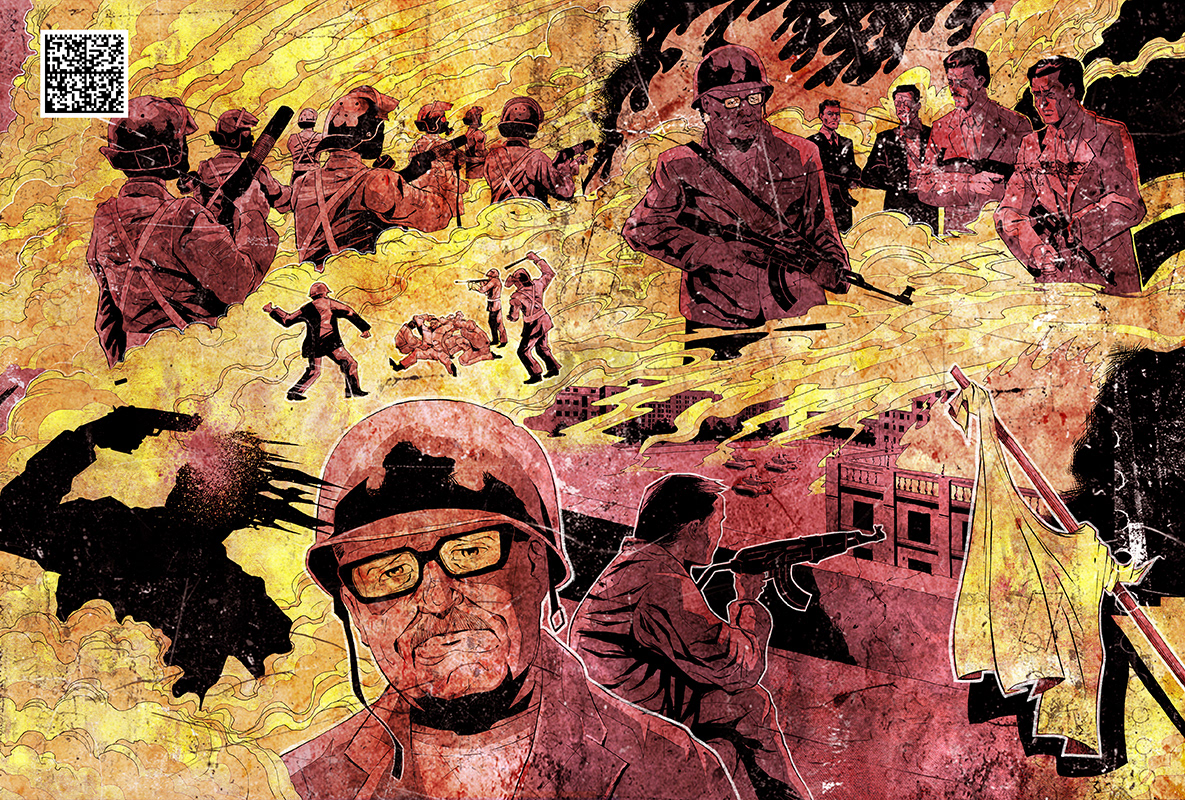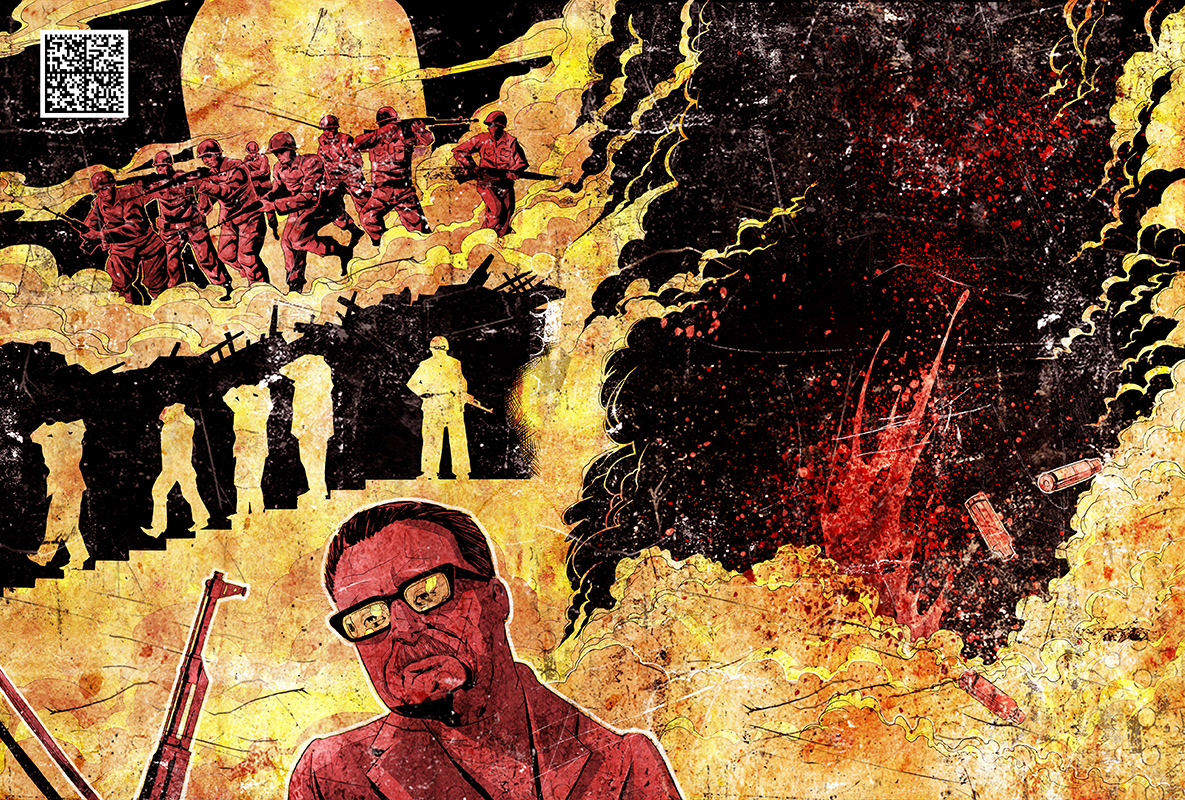
Chile 1970, Salvador Allende, candidate of the Socialist Party, won the presidential election and is elected president by the National Congress of Chile in a run-off as no candidate had gained a clear majority.
His program of government considered not just the transformation of the political paradigm to Democratic Socialism but also, the quest for an egalitarian society through profound changes in the country such as for example the nationalisation of copper mining and the banks, agrarian reform, and the improvement of education and health system. However, by 1973 the ideal of equality for the population had become nothing more than an empty dream.
The political ideas and the difference between the left and right were irreconcilable, producing, even among the government parties, an atmosphere of social tension manifested through verbal and even physical violence.
It was not just the interventionism of business groups, the newspaper El Mercurio, the confederation of truck owners, The Fatherland and Liberty Nationalist Front, all with ties to the right wing and the Government of United States. But also, poor decisions making in economic matters undermined the intentions of the Popular Unity coalition (UP), leading the government of Allende into a deep crisis, where terrorist attacks and confrontation among the population was a daily occurrence.
As a consequence, the economy of the country was in a state of crisis, there were long queues for the acquisition of basic supplies and there was extreme scarcity of everyday goods, giving the opportunity to the black market to flourish, causing inflation near to 500%.
The right wing opposition almost from the very beginning was pressurizing the military to act and intervene in the government to deal with the financial and political crisis. By June of 1973 the failed coup or “Tanquetazo” (the sound of a tank hitting an object) had achieved nothing but to increase the tension among the Chilean society, but also it did reaffirm the trust of Allende in the establishment and the military forces, because until that point all the military were respectful of the republic and the separation of powers in the state.
By August, the Commander-in-chief of the Army, General Carlos Prat, resigned his post, allowing the Second-in-Command to take command of the army. President Allende and his government, then placed all their trust in the figure of Augusto Pinochet as the new Commander-in-Chief to safeguard the institutions of the State of Chile
Nevertheless, a month later on 11 September 1973 and within 12 hours, the intervention of the military forces in the government materialised, mostly instigated by the Right. Even though the role of Pinochet wasn´t clear until hours before the coup, his participation during the day changed the history of a nation forever.







According to investigations carried out with the return of democracy, in Chile at least 40,018 people were victims of abuse and violation of human rights and 3,065 were killed or disappeared by the military. Nevertheless, 40 years after the coup with and 17 years under dictatorship, the social division that caused the coup in the first place is still present today in the very essence of our society. The difference now, is that there is a tacit understanding of no discussion of the subject.
This visual narration is an invitation to discuss and rediscover our national memory, presenting some of the events that changed the destiny of our country.
41 years later, it is time to begin with a consensus about what happened, to incorporate these historical events in educational programs, to understand that no matter how effective measures taken by the military government to solve the economic crisis were, they were carried out with thousands of victims.
We cannot forget what happened in 1973 and the following years, our society has to keep its collective memory. Without memory there is no history, and without history a country has no future.
